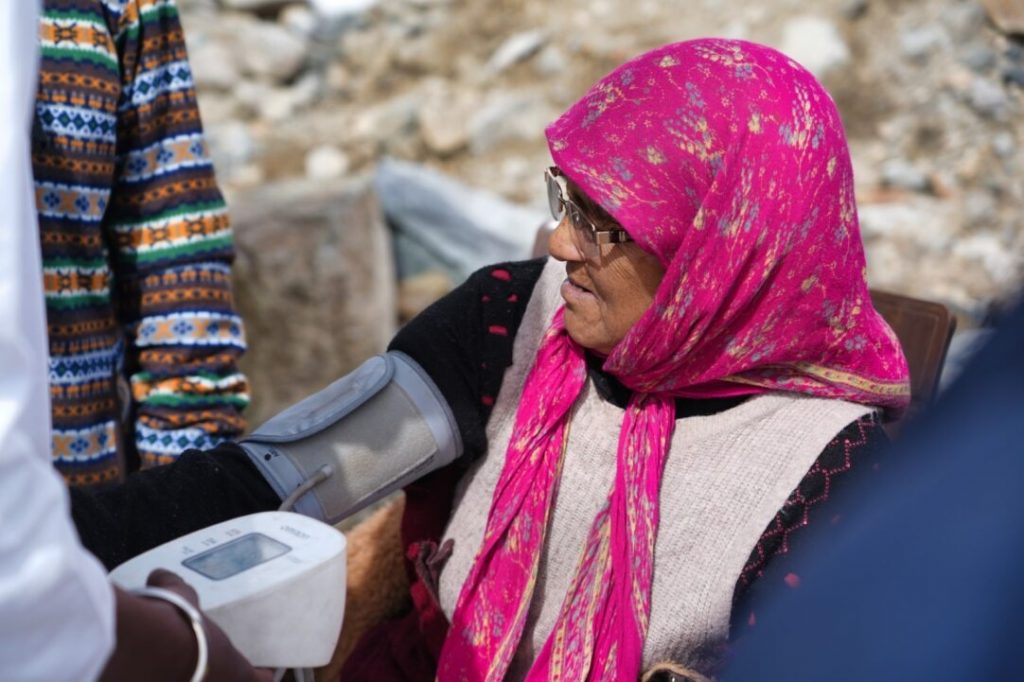Women get empowered when they challenge established norms and culture of the society they live in. Thus, it is important to understand the role of culture in women’s empowerment.
This is a contentious issue in Indian culture. Globally, women account for about half of the world’s population. However, India has a skewed gender ratio in which males outnumber females. In terms of social standing, women are treated as lesser than men.
The condition of women in western nations is a little better off as they enjoy equal rights and status as men in various aspects of life. However, gender discrimination in India is still prevalent. The circumstances in India are paradoxical. At one end, a woman is a goddess, at other times, only a subservient being.
Role of Culture in Women’s Empowerment
Economic, social, religious, cultural, and psychological variables all influence the emergence and development of women’s empowerment.
Ancient norms and conventions have greatly affected the status and advancement of women. Some women have expressed concern that traditional values and traditions are interfering with and restricting their personal development. They have begun to challenge traditional beliefs and are attempting to break through the old values.
Modern women are those who are actively engaged in opposing social norms and constraints on women. They have a great desire for social liberty. However, there are a significant number of women who have little desire for social freedom and are content with pursuing a traditional way of life. Individual disparities in the desire for social freedom in women exist. This can be attributed to the hold of culture in our lives and the mental conditioning of women from an early age.
Women’s Empowerment from an Academic Perspective
Dr. Lakshmi Pandey and Bi. Shabila (2016) discovered in their study that most women have a moderate level of desire for freedom. Additionally, they are willing to advance their social standing to that of men. They also exhibited a mild desire for power. These findings are consistent with those of other studies.
There is no doubt that women in India have achieved significant progress in the previous fifty years. Despite this, they continue to face many disadvantages and social evils in a male-dominated culture. It also confirms the image of women in a changing environment. The freeing effect of economic freedom and societal development is completely transforming their life.
Previous studies indicated that culturally defined norms and practices should be taken into account in order for a transition away from classic patriarchy to occur. Almost all societies practice some sort of patriarchy.
However, psychological research has shown that cultures differ in how much they prioritize gender fairness and how much they adhere to specific gender norms. Importantly, gendered norms and beliefs may act as a buffer between structural equity and female suppression.
Previous research has found a link between patriarchal values and sexual violence against women. In countries where women had a lower social status, males were more likely to demonstrate bodily aggressiveness toward women than women were to show physical aggression toward men.
How Women Are Empowering Themselves
For many women, financial freedom is the foremost way to empower themselves. In urban areas, there are more job opportunities for women. This is not true in rural areas; moreover, there are safety concerns as well. Thus, many rural women are becoming entrepreneurs.
The causes and motives for rural women to start businesses or engage in economic activities are numerous. A source of income, enjoying a better life, accessibility to loans, favourable government policies, the impact of success stories, personal satisfaction, the desire to use one’s skills and talents, an unfavorable current working environment, self-employment and employment to others, assurance of career and family security, and the fulfillment of one’s creative urge is all important reasons.
Way Forward
Women need to participate actively in the National Development Plan. In the interest of the nation’s growth, modern women have shifted their perspectives and attitudes toward social concerns, customs, and so on. The desire for social freedom in women is significant to their lives and also to the future of the nation.
To summarize, we believe that cultures may differ in terms of whether components of empowerment are appropriate indicators of empowerment. Furthermore, we believe that the cultural background should be examined in order to fully comprehend the evolution of women’s empowerment. As a result, while designing interventions, cultural norms should be identified and described when providing outcomes, allowing for easier comparison between research.
Longitudinal and cross-cultural research is required to analyze the development of women’s empowerment. The impact of this can be felt in personal, relational, and societal dimensions. All these need to be evaluated to assess which interventions affect women’s empowerment in different dimensions and across cultures.











One reply on “The Role of Culture in Women’s Empowerment”
Helpful tips towards empowering women.